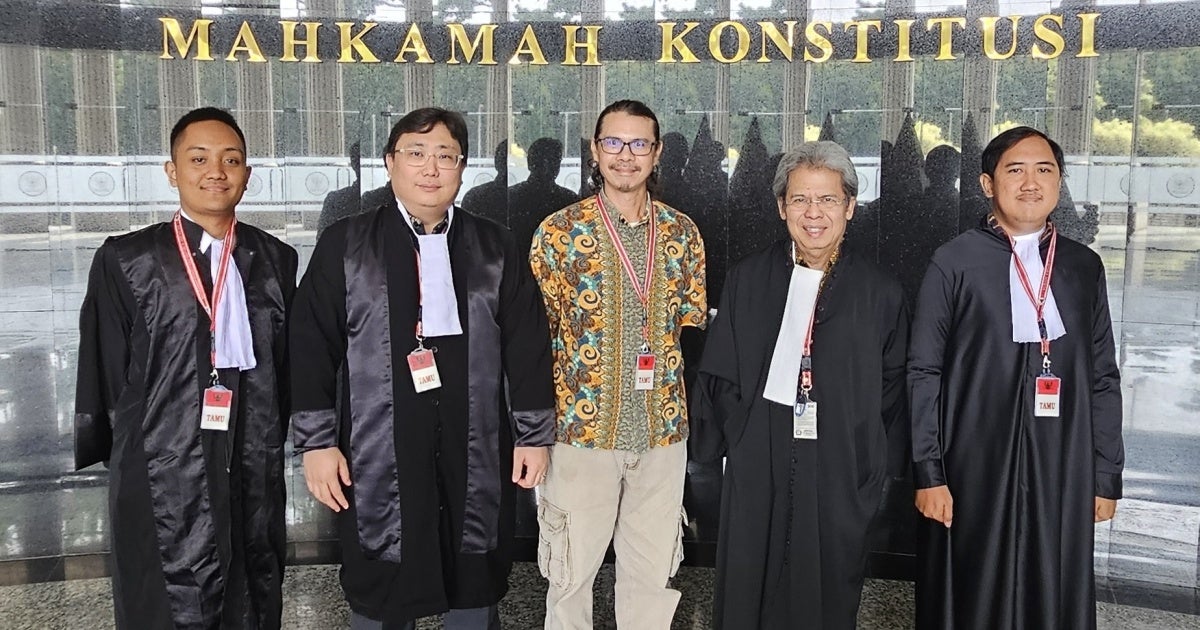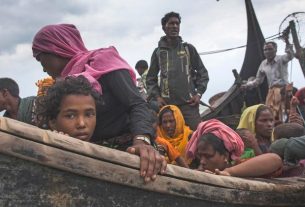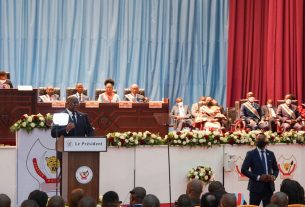In an important step towards protecting online speech, Indonesia’s Constitutional Court on April 29 issued two rulings that provide important clarifications to the country’s Electronic Information and Transaction Law, used to regulate the internet.
For decades, government officials and powerful private actors, including companies and religious groups, have brought criminal defamation lawsuits under the internet law to silence their critics. According to the advocacy group Safenet, hundreds of cases have been filed, with 170 defamation claims in 2024. But the court’s recent rulings restrict how the law’s defamation clauses can be used going forward.
The first ruling said that the law’s definition of “public unrest” is limited to physical space, not “digital/cyber space,” rejecting lawsuits involving online posts. The second saidthat government agencies, companies, or “groups with specific identities,” including religious groups, can no longer file criminal defamation complaints under provisions designed to protect an individual’s reputation.
The petition to review the internet law’s criminal defamation clause was filed by environmental activist Daniel F.M. Tangkilisan. Tangkilisan was convicted in 2003 for “defaming” shrimp farmers operating in protected waters. He appealed and was acquitted in May 2024. In July, Tangkilisan and his lawyer, Todung Mulya Lubis, petitioned the Constitutional Court to revoke provisions of the internet law, including article 27 on criminal defamation.
The government defended the law, saying it “emphasizes the importance of accountability in freedom of speech and prevents the abuse of such freedom in the digital era.”
The court has not revoked article 27 but said that by restricting complaints only to individuals, it was preventing “arbitrariness by the law enforcer.” Lubis told Human Rights Watch that the ruling falls short because “powerful public figures” can still file lawsuits against activists who lack the resources to defend themselves.
International human rights law allows for restrictions on freedom of expression to protect the individuals’ reputations so long as such restrictions are necessary and narrowly drawn. The United Nations Human Rights Committee has said that governments should consider the decriminalization of defamation and that “imprisonment is never an appropriate penalty” for defamation. Human Rights Watch considers criminal defamation laws to be incompatible with the obligation to protect freedom of expression.
Indonesia retains several criminal defamation laws, including in the new 2022 criminal code, that do not meet international standards. In March 2024, the Constitutional Court found three defamation articles in the criminal code to be unconstitutional.
The government should review these laws and repeal all criminal defamation articles.


